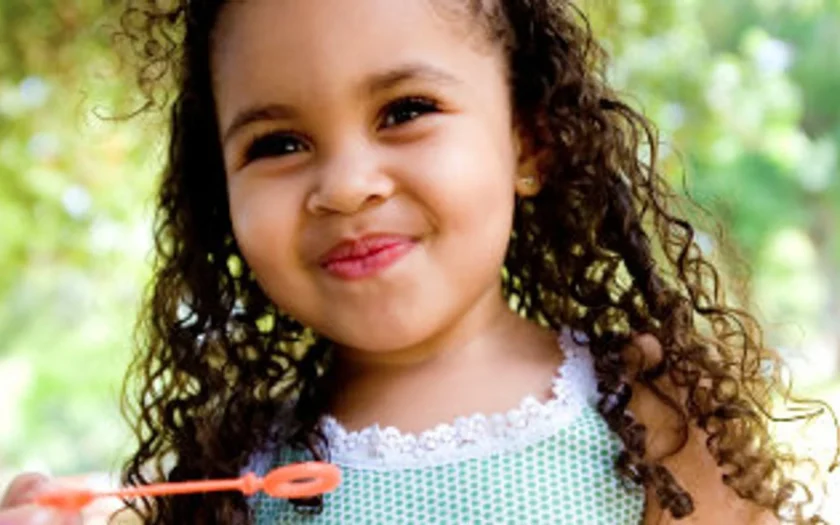Understanding Self-Esteem in Kids
Self-esteem refers to the way kids perceive themselves and their abilities. It’s the sense of feeling good about who they are and what they can do. Here’s how you can differentiate between high and low self-esteem in children:
High Self-Esteem:
- Positive Self-Image: Kids feel liked, accepted, and confident in themselves.
- Pride in Achievements: They take pride in their accomplishments and are generally proud of what they can do.
- Optimistic View: They have a positive outlook, focusing on their successes rather than their failures.
Low Self-Esteem:
- Self-Criticism: Kids often criticize themselves and doubt their abilities.
- Feelings of Inadequacy: They might feel they are not as good as other kids and have a tendency to dwell on their mistakes rather than their successes.
- Negative Self-Perception: They struggle with feelings of unworthiness and a lack of confidence.
Supporting and encouraging positive self-esteem in kids involves recognizing their achievements, providing constructive feedback, and fostering an environment where they feel valued and capable.
Why Self-Esteem Matters:
Self-esteem is crucial because it influences how kids approach challenges and view themselves. Here’s why it’s important:
- Confidence to Try New Things: Kids with high self-esteem are more likely to take risks and try new activities because they believe in their abilities.
- Resilience in the Face of Mistakes: They are more likely to bounce back from setbacks and keep trying, knowing that mistakes are a part of learning.
- Better Performance: High self-esteem often leads to better performance in various areas, including academics, social interactions, and extracurricular activities.
- Healthy Relationships:Kids with high self-esteem are more likely to form positive relationships and stand up for themselves.
How Self-Esteem Develops:
Self-esteem begins to form from an early age and develops as children experience positive reinforcement and growth:
- Infancy:Self-esteem starts with the loving care and attention a baby receives. Feeling safe and valued sets the foundation.
- Toddler and Early Childhood:As children start achieving new skills, such as walking or speaking, they gain confidence from their successes and the encouragement they receive.
- School Age and Beyond:Self-esteem continues to grow as children set and achieve goals, learn new things, build friendships, and receive praise for their efforts. Activities like music, sports, and art contribute to a sense of accomplishment.
How Parents Can Help Build Self-Esteem:
Parents play a crucial role in fostering self-esteem by:
- Being a Positive Role Model: Show confidence and a positive attitude to set an example for your child.
- Encouraging Independence: Allow your child to try new things and make decisions, and support their efforts.
- Providing Praise:Offer specific praise for effort and achievements, rather than focusing on outcomes alone. Avoid harsh criticism.
- Showing Unconditional Love: Ensure your child knows they are valued regardless of their successes or failures.
By actively supporting and nurturing your child’s self-esteem, you help them grow into confident, capable, and well-adjusted individuals.



